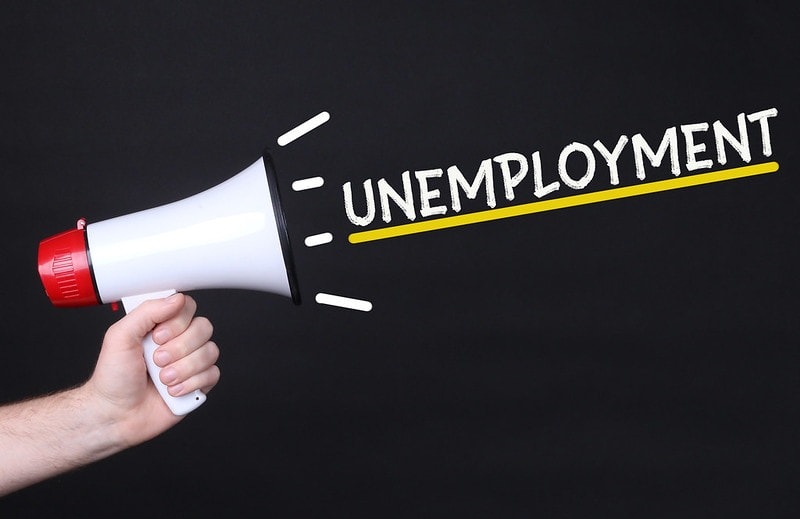|
Dear Miss Katsonga,
What is your opinion on Critical illness cover? What are the alternatives (for lump sum payout to cover mortgage or other debts) in case one partner is unable to work? Thanks! Ronjoy
Very formal, Ronjoy…you can call me Heather.
So, you want to know how you can cover yourselves if one person is unable to work. 1. Critical illness cover The first thing you mention is life insurance with critical illness cover. Typically people will have this on their mortgage insurance. Mortgage insurance is usually decreasing term which means the amount by which you are covered falls over time roughly in line with your mortgage balance. The result is that if the person covered by the insurance falls critically ill near the end of the mortgage term the pay-out may be quite small but at least it would clear whatever mortgage is outstanding, if an appropriate level of cover was taken and updated if the mortgage amount was increased. A problem with critical illness cover is that only specified illnesses are covered and different providers cover different things. This means if you or your partner get ill and can’t work and your specific illness isn’t covered then you don’t get a pay-out from the insurance provider. The cover usually also has a condition that you need to be ill for a specific amount of time before a pay out is due to you, e.g. you need to be ill for 6 months plus or in an intensive care unit for at least 3 months and you’re not due a pay-out if you don’t fulfil those conditions. 2. Employment insurance You can also buy insurance to cover you if you’re unemployed, e.g. due to redundancy. This type of policy would cover you even if you were not ill but may specify that you need to be unemployed for a given number of months before you are due a pay-out. The key problem here is that unemployment insurance tends to be expensive during turbulent times. When I first started working in 2005 I bought unemployment cover and it was very cheap. When the 2008 crisis hit the cost of the cover increased so exponentially that I cancelled it, it wasn’t worth it. 3. Rental insurance If you own rental property you can buy insurance to cover tenancy gaps. This could be a good idea so that you never have to worry about both being unemployment and having to support a vacant rental. The policy will likely state that the property needs to be vacant for specific amount of time before payouts are due. I buy my rental protection via RentGuard, however, they did stop writing new policies when the government made it harder to evict non-paying tenants during the covid-19 pandemic so, it is not always available. 4. Emergency fund A good idea would be to keep an emergency fund of 6 to 9 months of living expenses. This would give you peace of mind that you would survive even if you didn’t have both incomes coming in. If only one person was unemployed, then a 6 month fund would last longer too, 5. Live on one income Last, but certainly not least, if you arrange your finances such that your family can survive on the lower of your two incomes then the loss of one income is never something you need to worry about. This is our personal favourite. Our household saves the equivalent of one income every month either as actually cash saved or as repayments on mortgage debt. Should one of us be unemployed the most we would have to do is call our bank and pay interest only for a limited period. Banks are usually very happy to do this. In the long run, we would also like to build up a cash emergency fund but for now we do invest all disposable income and we have made peace with that risk. Hope this helps. Heather p.s. subscribe to my podcast and ask me any money question, HERE - do it now!
0 Comments
Leave a Reply. |
Heather on WealthI enjoy helping people think through their personal finances and blog about that here. Join my personal finance community at The Money Spot™. Categories
All
Archives
September 2023
|
Heather Katsonga-Woodward, a massive personal finance fanatic.
** All views expressed are my own and not those of any employer, past or present. ** Please get professional advice before re-arranging your personal finances.

 RSS Feed
RSS Feed


